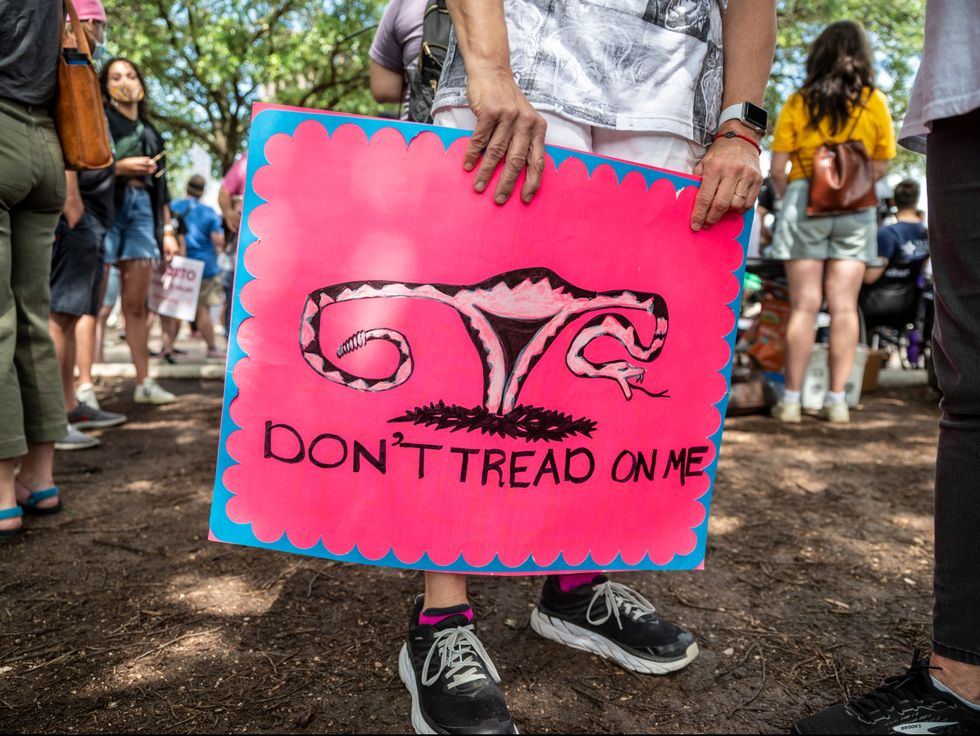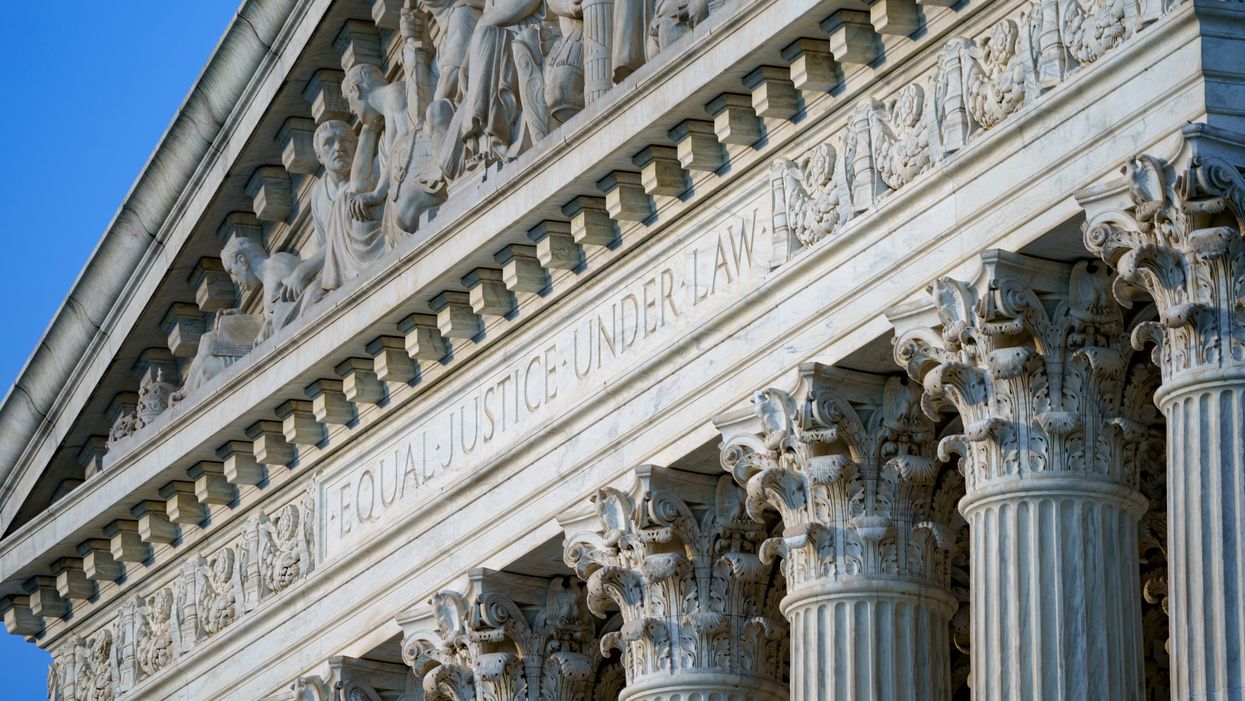The US Supreme Court has voted to not block a controversial Texan abortion law which bans most abortions in the state.
The divided court voted 5-4 to deny an emergency appeal from opponents of the law, which came into effect on Wednesday. In an unsigned explanation, the court’s majority said their decision was “not based on any conclusion about the constitutionality of Texas’s law”, and said legal challenges could still proceed.
The decision will have ramifications for women across the state and has caused huge debates about the rights that women in the country should have. So what is it?
What is the law and why is it controversial?

Known as the Heartbeat Act, the law, signed by Republican governor Greg Abbott in May, prohibits abortions once medical professionals can detect cardiac activity, usually around six weeks and before many women know they’re pregnant.
Under the controversial law, citizens can take legal action against doctors or anyone else who helps terminate a pregnancy — even those who drive a woman to an abortion appointment past the time the heartbeat can be detected. Citizens who win such lawsuits may be entitled to at least $10,000.
The legislation makes an exception in the case of medical emergency, which requires written proof from a doctor, but not for pregnancies resulting from rape or incest.
Employees at Houston Women’s Reproductive Services said they were working overtime in order to get to as many appointments as possible before the midnight deadline, the Washington Post reports.
In other states and countries, women are permitted to access abortions at later stages of pregnancy and Roe v Wade, a 1973 case, ruled that US women have the right to an abortion until a foetus is viable, meaning able to survive outside the womb. This is usually between 22 and 24 weeks into a pregnancy.
Who voted against the law?

Chief Justice John Roberts, Justice Stephen Breyer, Justice Sonia Sotomayor and Justice Elena Kagan dissented. The latter three are liberals and Roberts is a conservative.
Justice Sonia Sotomayor wrote that the court’s order was “stunning”.
“Presented with an application to enjoin a flagrantly unconstitutional law engineered to prohibit women from exercising their constitutional rights and evade judicial scrutiny, a majority of justices have opted to bury their heads in the sand,” she said.
The vote in the case underscores the impact of the death of the liberal Justice Ruth Bader Ginsburg last year and then-president Donald Trump’s replacement of her with conservative Justice Amy Coney Barrett. Had Ginsburg remained on the court, there would have likely been five votes to halt the Texas law.
Does the law exist in other states?
At least 12 other states have enacted similar so-called “heartbeat” bills, but all have been blocked from going into effect.
How have people reacted?
Speaking to The Guardian, Amanda Williams, executive director of the abortion support group the Lilith Fund, which challenged the law, said: “Abortion access will be thrown into absolute chaos.
“Unfortunately, many people who need access the most will slip through the cracks, as we have seen over the years with the relentless attacks here in our state.
“It is unbelievable that Texas politicians have gotten away with this devastating and cruel law that will harm so many.”
Nancy Northup, the head of the Center for Reproductive Rights, which represents abortion providers challenging the law, vowed to “keep fighting this ban until abortion access is restored in Texas.”
“Right now, people seeking abortion across Texas are panicking - they have no idea where or when they will be able to get an abortion, if ever. Texas politicians have succeeded for the moment in making a mockery of the rule of law, upending abortion care in Texas, and forcing patients to leave the state - if they have the means - to get constitutionally protected healthcare,” she said.
“This should send chills down the spine of everyone in this country who cares about the constitution.”
Joe Biden also condemned the law. In a statement, he said: “This extreme Texas law blatantly violates the constitutional right established under Roe v Wade and upheld as a precedent for nearly half a century.”
Here’s how other people reacted online:
What happens now?
The law went into effect on Wednesday.
But the justices suggested that their order won’t be the last word on whether the law can stand because other challenges to it can still be brought.














